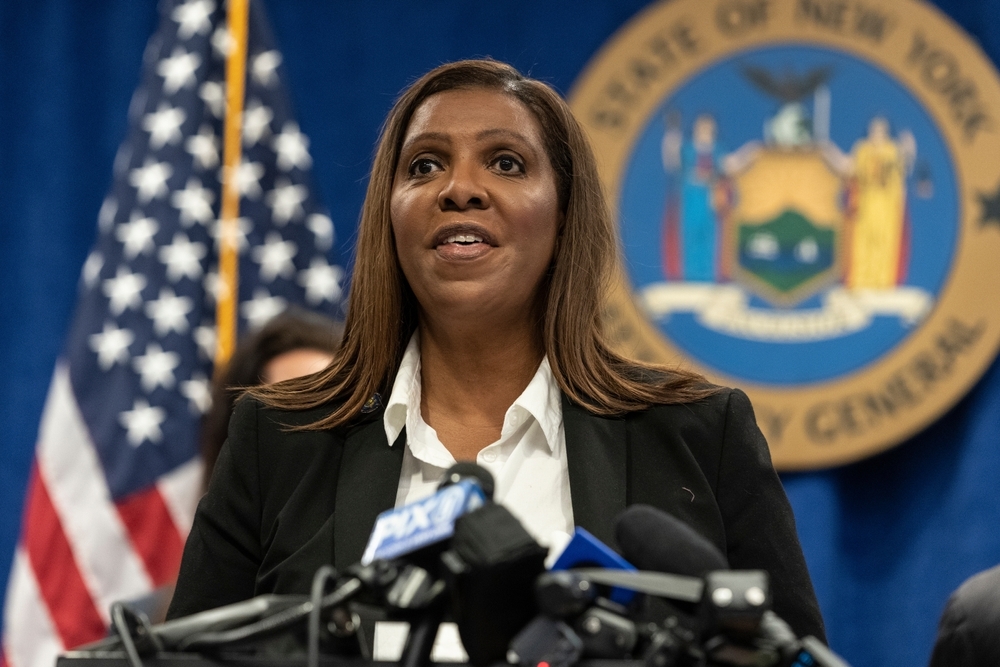
This Small Change Is Big News for the World’s Forests
If you’re a forest wonk and have been paying attention to the nitty-gritty (but crucial) details of company “No Deforestation, No Peat, and No Exploitation” policies, you probably noticed that many of them contained a footnote next to the commitment to protect High Carbon Stock forest. For many of us civil society groups negotiating these policies, that footnote determined the credibility of the commitment: whether the company was agreeing to a strong NGO-backed standard that protected all forests and had clear integration of community rights and biodiversity habitat protection (called the High Carbon Stock Approach, or HCSA), or a weak standard driven by industry laggards that had significant loopholes allowing for continued deforestation and that prioritized carbon above other social and ecological values (what they called HCS+ and we called HCS-). For far too long, some companies used the debate as an excuse to delay implementation of forest protection altogether. Our worry was that by the time the discussions were over, the forests would be gone.
 But now it’s time to breathe a big sigh of relief that the light at the end of the tunnel is near. The two groups today announced an agreement that will bring all the standards together, following a year-long convergence process. Hurrah!
But now it’s time to breathe a big sigh of relief that the light at the end of the tunnel is near. The two groups today announced an agreement that will bring all the standards together, following a year-long convergence process. Hurrah!
We’ll spare you the technical details, but for those who wish to know more, you can take a look at the agreement statement here and organizations’ and companies’ joint press release here. Companies and organizations reaching this agreement include major palm oil traders like Musim Mas, Wilmar, GAR, Cargill, IOI, and Sime Darby as well as civil society groups including Rainforest Action Network, Union of Concerned Scientists, Greenpeace, and others. We commend the convergence team for their achievement in working through so many thorny and complex issues and being able to come together today as one, for the sake of forests and communities.
Now, time and energy can be focused on the real work of implementation, and making sure more sectors at risk of deforestation, like rubber, soy, and cattle, are brought into the process. And companies who took advantage of the debate to delay forest protection are out of excuses.
That this announcement happened as part of a separate side meeting, but not within the auspices of the Roundtable on Sustainable Palm Oil (RSPO) annual meeting, is significant. The RSPO was intended to be the forum for exactly these kinds of deliberations. But because of its consensus-oriented model, the RSPO has gotten bogged down in technical and political debates even as the world moves on. Other platforms like HCSA have been able to achieve more forest conservation in much less time. Let’s hope that the converged methodology can set an example for RSPO of what is possible when the bar is set high and there is a sense of urgency. Perhaps by the next annual meeting, the RSPO members will adopt this standard for HCS forest protection into the RSPO criteria. That would not only be great for forests, but would end marketplace confusion, restore RSPO’s legitimacy, and provide clear directive to companies and assessors.


